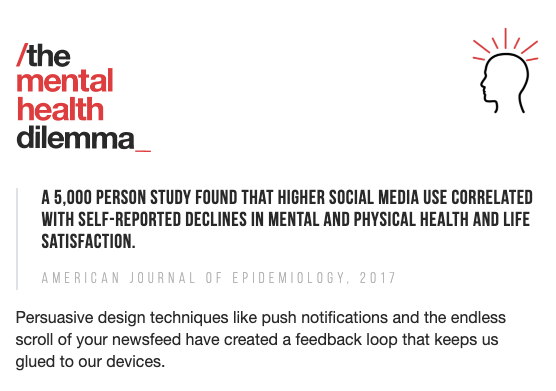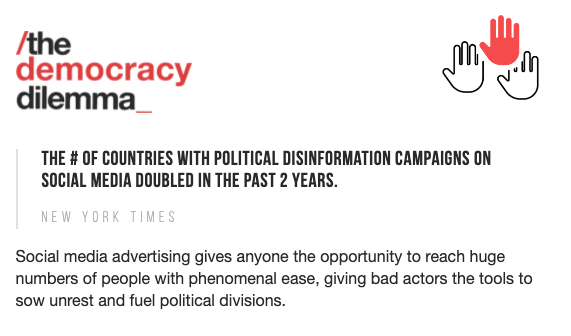The Social Dilemma
October 25, 2020
In a world of technology, many of us often find ourselves glued to a rectangular piece of glass, rubbing our fingers on it for hours each day. Whether you spend most of your screen time on your phone, computer, tablet, or any other internet device, it has shaped who you are today. Netflix’s 2020 documentary The Social Dilemma uncovers the dark truth about modern-day internet and social media. Extensive on-camera interviews with former employees and executives of large tech companies like Facebook and Google revealed that technology giants have manipulated human psychology to influence how we behave.
Social media and an infinite number of multipurpose apps have been integrated into our daily interactions with our internet devices. Facebook and Instagram allow us to stay connected with friends and family around the world, Twitter gives us a read of what the public is feeling on any given subject, and Uber can bring transport and food to our doors at the touch of a button. As The Social Dilemma extensively argues, “if you don’t pay for the product – you are the product.”
These apps are all free to use, but that doesn’t mean we’re not paying a price. Tech companies monetize our daily activities and make billions out of our behaviors.
Every action we make online is monitored and helps to build a picture of who we are as individuals: our likes, dislikes, fears, daily schedules, and social life. This information feeds the algorithm, and informs it what content we’ll be served at a later date, all with the aim of keeping us engaged for longer periods of time. Although most of us are aware of these aspects, many fail to realize its ripple effects. The rapid spread of information throughout the world with the touch of a button has fostered an environment for basically reaffirming everyone’s worldview over and over, perhaps even at the expense of objective truth.
The Social Dilemma outlined the following statistics to support their claim:
Upon the release of this documentary, many technological giants, especially Facebook, have formally addressed this issue and have boasted their modified security programs. As many of their users who watched The Social Dilemma decided it was safest to log off of their social media platforms, the companies, along with various acclaimed critics, have attempted to convince audiences that the documentary exaggerated the issue. However, it is incontrovertible that content algorithms would continue to drive us down rabbit holes toward extremism and conspiracy theories, since automating recommendations is cheaper than paying human editors to decide what’s worth our time.
Comment your opinions down below!












